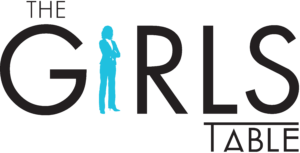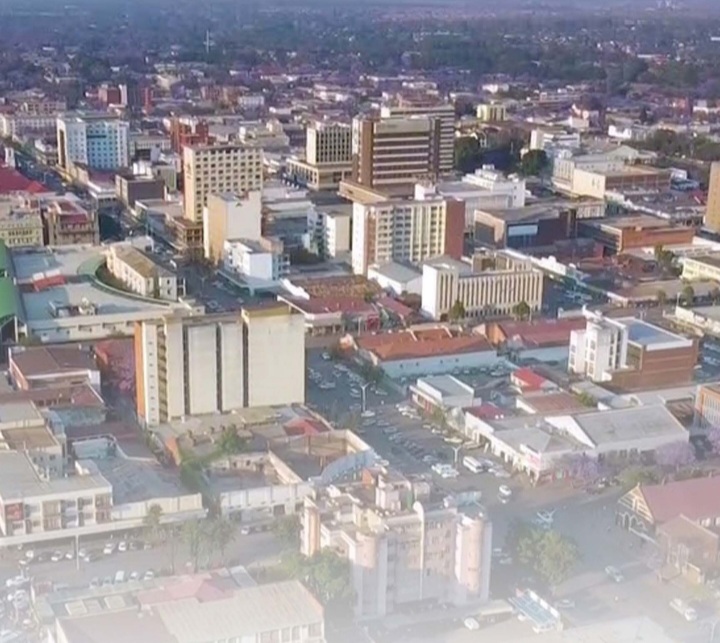Growing up in the barren terrains of structural violence, where the mere act of accessing basic needs is an unceasing, colossal struggle, the vulnerability of Bulawayo’s urban women has been exacerbated. In the wake of the President’s declaration of a national disaster in April, the impact of the El Nio drought, water scarcity, crop failure, and reduced electricity generation have arisen, posing a threat to food security.
Assuming approximately 2.6 million people are expected to be food insecure from 2023-2024, according to the Zimbabwe Livelihoods Committee, silent voices of fear and desperation continue lamenting in the shadows of public arenas. The substantial conundrum is whether the newly introduced currency will ameliorate the economic distress in the city. Food for thought.
Following the collapse of Bulawayo’s industrial hub in the early 2000s, this decline retained socio-economic impacts, transforming a manufacturing country into a consumer country that required imports for a decent standard of living for its people. Leading to an increase in the demand for foreign currency and fostering inflation and corruption. Making it complex for women to provide a decent lifestyle for their families, seeing they possess a more significant percentage before the unemployment rate
The industrial decline massively steered the migration of men seeking employment in neighbouring countries such as Botswana and South Africa. This phenomenon has piloted to a striking number of women being heads of households. The plight of water scarcity for Bulawayo women is underscored by the immense challenges they face in accessing water for daily household chores and personal hygiene. In some suburbs, water scarcity persists for up to 2 weeks, like the Emganwini residential area. In some communities, sex has become a medium of exchange for some women to access water. They are amplifying the burdens women have on carrying out their tasks.
Yet, they face high unemployment rates and struggle to make ends meet justifiably. Zimbabwe’s economic state hasn’t made it easy either. Following the taxation measures introduced in the 2024 National Budget, Minister Mthuli Ncube proposed to widen the income tax bands by introducing the 15% tax and tuck shops and other traders to have tax clearance. This has led to women playing cat and mouse with the Bulawayo City Council because of trading in unauthorized areas and being forced to move to eGodini Mall, where they complain that rates are costly. They seldom make such proceeds in a month.
Living in a country without violence could be presumed as being in a peaceful country. Violence is a form of social institutions that may harm people by preventing them from meeting their basic needs (John Galtung). The silent cry for women continues as they call upon emancipation from structural violence! Equal opportunities and fair distribution of agricultural resources to back up their urban agro-farming projects. Financial inclusion has no stringent requirements. Policies that promote sustainable initiatives that fight urban vulnerability.
WRITTEN BY LANGELIHLE GWEBU

